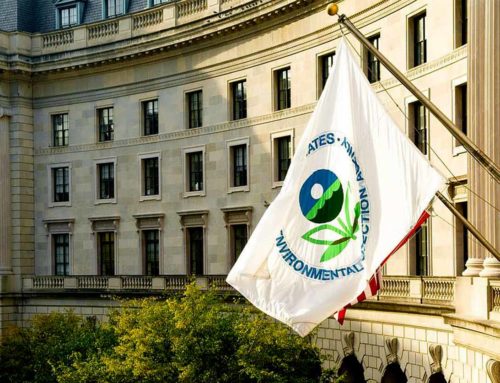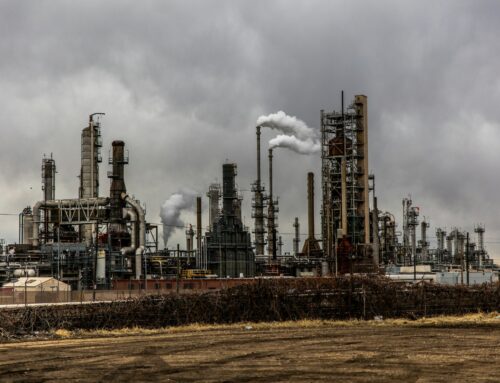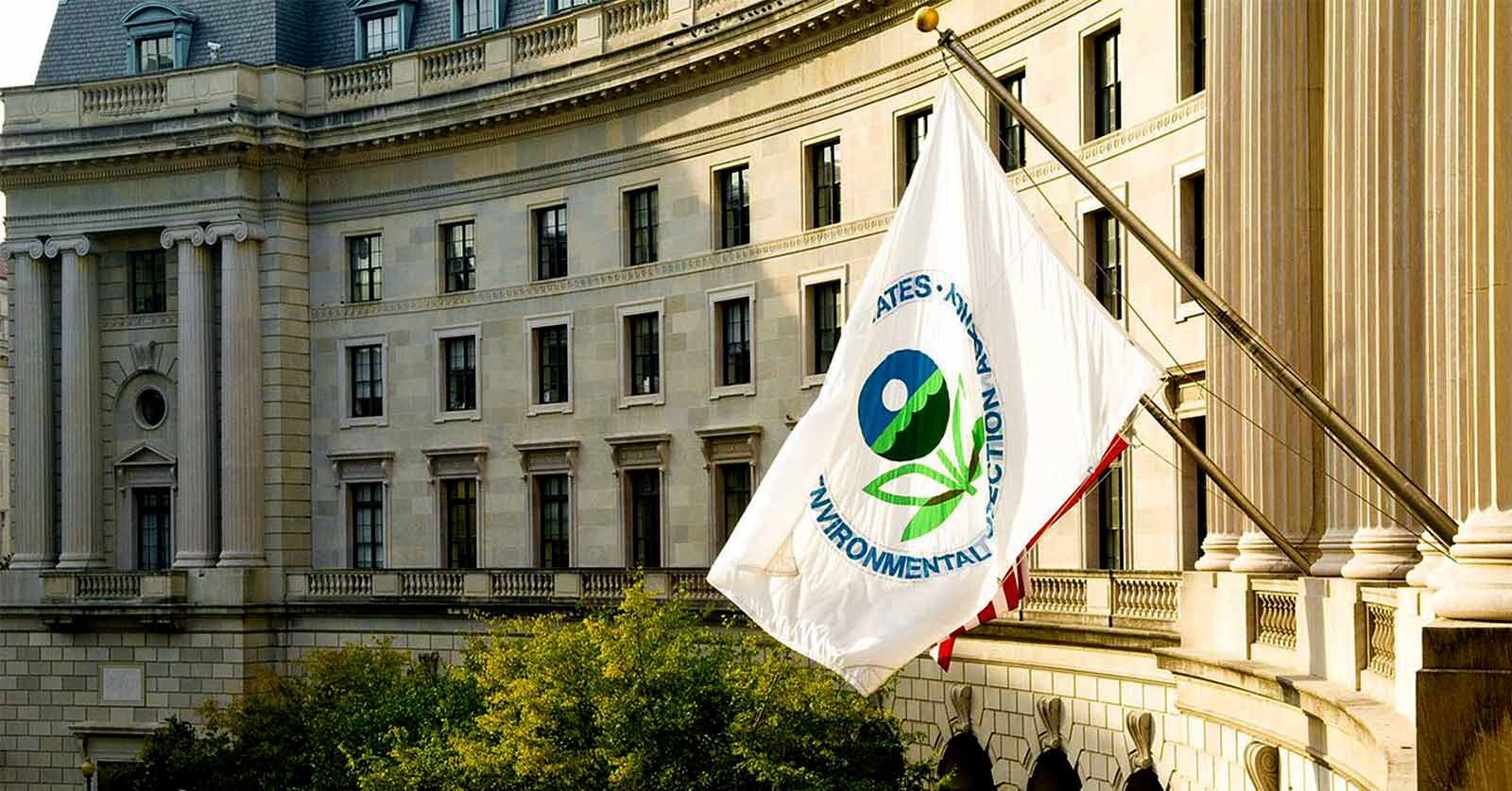Taxpayers for Common Sense President Ryan Alexander spoke today in Dickinson, North Dakota at the fourth in a series of public meetings held by the Bureau of Land Management (BLM) to receive comment on the draft rule to minimize natural gas waste from oil and gas operations on federal land:
|
Good afternoon. My name is Ryan Alexander and I am President of Taxpayers for Common Sense, a national, non-partisan budget watchdog organization that promotes sound fiscal policy across the federal government. Since 1995, Taxpayers for Common Sense has actively worked to ensure that taxpayers receive a fair return on all resources extracted or developed on federal lands and waters, including hardrock minerals, oil, natural gas, coal, wind, and solar. Over the last decade, numerous reports from inside the government – including the Inspector General of the Department of the Interior and the Government Accountability Office – and reports from outside the government – including my organization – have raised the issue of lost gas and lost royalties from venting and flaring. Nevertheless, the problem of lost gas appears to be getting worse, not better. According to BLM, almost $400 million worth of natural gas was vented or flared from BLM-leases in 2013. This is double the amount lost in 2009. More than half of these national losses were from leases in North Dakota – the most of any state. BLM estimates that the gas lost between 2009 and 2014 from BLM-leases was enough to power more than 5 million households for a year. Over the past 36 years, since the existing rules were adopted, technologies and practices for oil and gas production have changed considerably. The existing rules for venting and flaring are vague and ambiguous. By BLM’s own admission, the current rules neither reflect today’s best practices and technologies, nor are they effective in avoiding waste. The proposed rule fulfills BLM’s responsibility to prevent waste and ensure a fair return to taxpayers without placing an undue burden on producers, who already receive many benefits and subsidies, including royalty-free gas to power their extraction operations. Overall, this proposed rule represents a much needed effort from BLM to catch up with today’s technologies, markets, and conditions, but there are areas where the rule can be strengthened. For example, I would like to see the proposed rule strengthened by requiring royalties on flaring of associated gas from all wells, not only those connected to gathering lines. In addition, the waste minimization plans operators must submit for new drilling should be enforceable, rather than simply statements of intention without consequences for failure to follow through. This rule is an important step towards ensuring that taxpayers, as owners, receive fair compensation for all resources extracted from BLM lands. Thank you for your work in developing this rule and for the opportunity to comment on it. |















Get Social